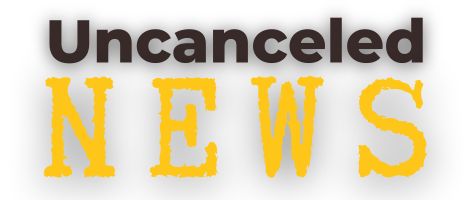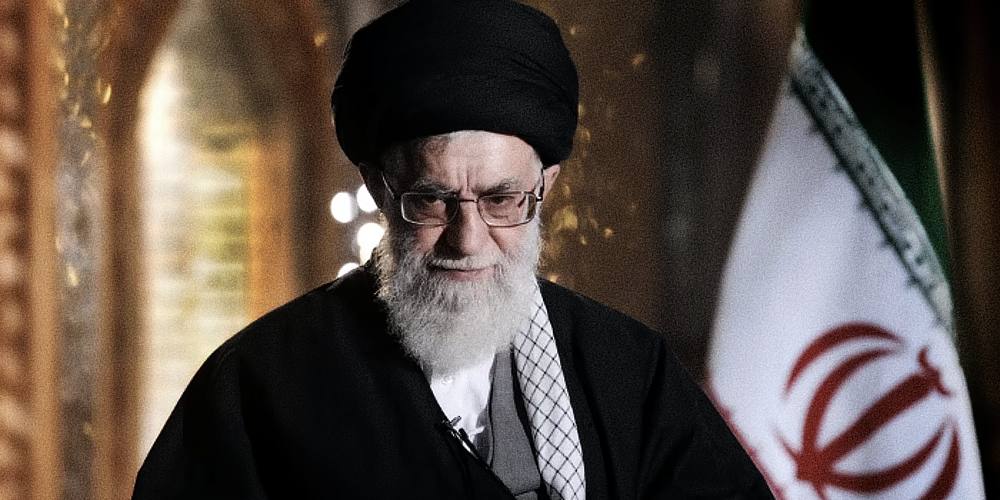(WND)—Iran is in a state of what could be called a “super-crisis” – the kind of crisis that can’t be resolved through ordinary reforms and where collapse appears imminent.
This is not new. Indeed, after the 2017 uprising in Iran, an analysis published by the country’s Sociological Association concluded: “We have entered an era of super-crisis.”
100 crises and 10 super-crises
Mohammad Mahdi Hatami, an economic expert close to the ruling Iranian regime, states: “In 2017, a collaboration between the Presidential Strategic Studies Center and certain private sector institutions resulted in a list of 100 crises threatening Iran. Among the 100 identified crises, nearly 70 had economic origins, and among the top 10 super-crises (in order of importance), seven were also of economic origin.” (Fararu, Jan. 21, 2022)
Ali Saadouni, another economic expert, mentioned the following seven super-crises: the bankruptcy of pension funds, the banking super-crisis, the insurance super-crisis, the water super-crisis, the energy super-crisis, the hyperinflation super-crisis and the investment super-crisis. (Khabar Online, May 6, 2023)
Pedram Soltani, former vice president of the Iranian Chamber of Commerce for eight years, is among the economic experts who believe the new government of Iranian President Masoud Pezeshkian will bring no improvement to the current situation. According to Soltani, “the government, within the current power structure in Iran, has very few prerogatives, and various factors have rendered it largely ineffective in policymaking.” (Tejaratnews, Aug. 27, 2024)
Referring to the imbalances across all sectors, Soltani asserts that the Iranian economy is no longer even capable of staying afloat.
Greatest super-crisis of all: Despair of the Middle Class
Saeed Leylaz, another expert close to the ruling regime, emphasized that “the greatest super-crisis in Iran is the widespread despair of the middle class.” He insisted that “this situation must be corrected, and that economically, our greatest super-crisis is structural imbalance.” According to Leylaz, resolving these imbalances is possible only by rebuilding legitimacy in the eyes of the people. (Aftabnews, June 12, 2024)
Most vital and urgent issues for the country
One of the most severe warnings concerning the insoluble crises of the mullahs’ regime was issued by Massoud Nili, economic adviser to former President Hassan Rouhani during two mandates. At a roundtable discussion, Nili revealed the depth of the catastrophe, the despair about the future, and the confusion of the supreme leader, Ali Khamenei. He identified three main challenges for governance: imbalances, foreign relations and the enormous gap between social classes, distinguishing between the most vital issue for the country and the most urgent ones.
He believes that, although the most important problem in the country is the imbalances, despite the high costs they entail this is not the most urgent priority. “No matter how we analyze the current situation, we come to the conclusion that the priority is to repair social conditions and even domestic politics before any economic or foreign relations reform.”
The fall is near
Midway through former Iranian President Ebrahim Raïssi’s administration, as it became clear to everyone that the regime’s fall was imminent, some sent warning letters to Khamenei. He responded: “They say the country is heading towards decline! What decline? Why? … Some have said that the Islamic Republic is in a dead end; well, if we are in a dead end, there is no need to overthrow a government in a dead end; it will collapse on its own.”
Survival Beef on sale now. Freeze dried Ribeye, NY Strip, and Premium beef cubes. Promo code “jdr” at checkout for 25% off! Prepper All-Naturals
Content created by the WND News Center is available for re-publication without charge to any eligible news publisher that can provide a large audience. For licensing opportunities of our original content, please contact [email protected].
What Would You Do If Pharmacies Couldn’t Provide You With Crucial Medications or Antibiotics?
The medication supply chain from China and India is more fragile than ever since Covid. The US is not equipped to handle our pharmaceutical needs. We’ve already seen shortages with antibiotics and other medications in recent months and pharmaceutical challenges are becoming more frequent today.
Our partners at Jase Medical offer a simple solution for Americans to be prepared in case things go south. Their “Jase Case” gives Americans emergency antibiotics they can store away while their “Jase Daily” offers a wide array of prescription drugs to treat the ailments most common to Americans.
They do this through a process that embraces medical freedom. Their secure online form allows board-certified physicians to prescribe the needed drugs. They are then delivered directly to the customer from their pharmacy network. The physicians are available to answer treatment related questions.


